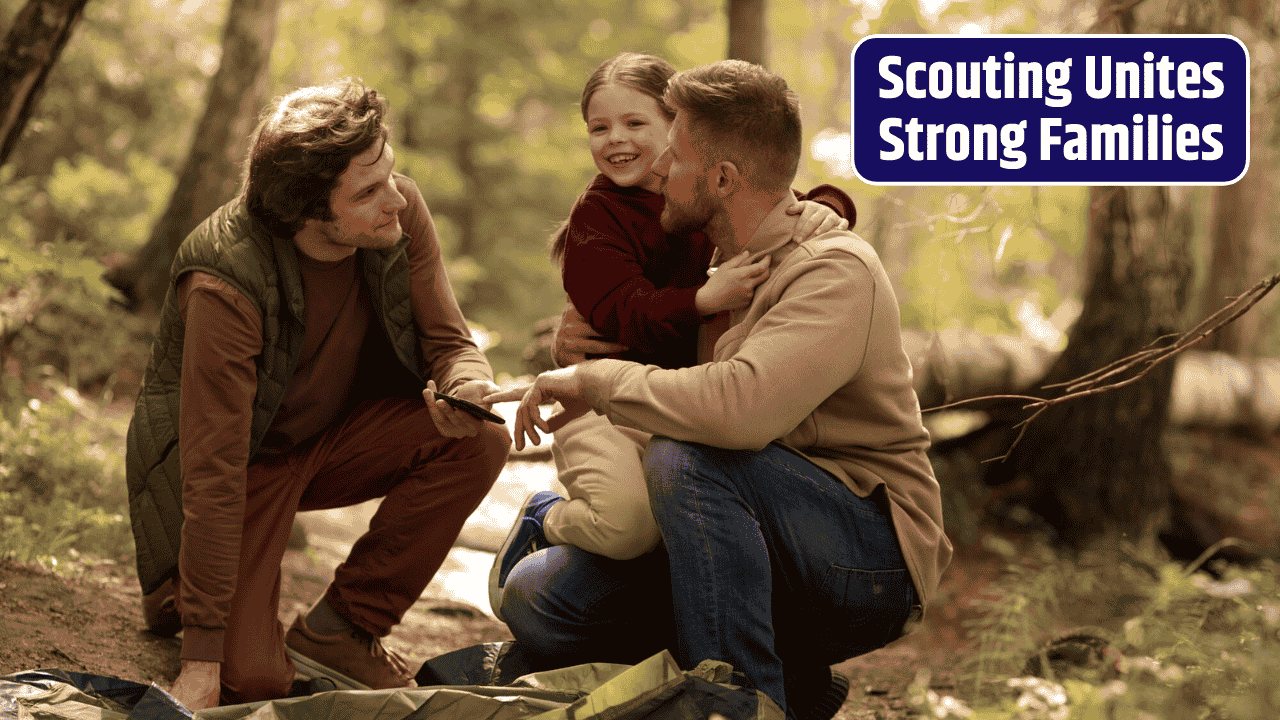Becoming a Scoutmaster is more than just wearing a uniform and teaching knots. It’s a role rooted in mentorship, leadership, and personal growth—for both the Scoutmaster and the Scouts. While the position comes with its share of challenges, the rewards often far outweigh the difficulties, making it one of the most fulfilling volunteer roles in youth development.
The Role of a Scoutmaster
A Scoutmaster is the adult leader responsible for guiding and mentoring a Boy Scout troop. Their duties include planning activities, teaching outdoor skills, instilling values, and encouraging leadership among Scouts. They’re the steady hand behind the scenes, making sure each Scout has a safe, educational, and fun experience.
Common Challenges Faced by Scoutmasters
Being a Scoutmaster is rewarding, but it’s no walk in the park. Here are some of the key challenges:
1. Time Commitment
Balancing a full-time job, family life, and Scoutmaster responsibilities can be tough. From weekly meetings to monthly campouts and annual trips, the time demand can stretch even the most organized volunteer.
2. Parental Expectations
Parents often have high—and sometimes conflicting—expectations for troop activities, advancement speed, and safety. Navigating these while keeping the troop’s mission intact requires strong communication and diplomacy.
3. Behavioral Issues
Managing a group of boys from diverse backgrounds means handling occasional conflicts, discipline issues, or lack of engagement. Scoutmasters must be patient role models, using these moments as teaching opportunities.
4. Fundraising and Budgeting
Money matters. Scoutmasters often take on or support fundraising responsibilities to ensure the troop can afford trips, uniforms, and equipment. This requires planning and sometimes creativity in working within tight budgets.
5. Keeping Up with Training
The Boy Scouts of America (BSA) requires Scoutmasters to complete regular training. These courses, while valuable, add to the time commitment and can be overwhelming for new leaders.
The Rewards of Being a Scoutmaster
Despite the demands, being a Scoutmaster is filled with meaningful moments that last a lifetime.
1. Watching Scouts Grow
Few things are more rewarding than seeing a shy, uncertain Scout develop into a confident leader. Scoutmasters play a direct role in shaping young lives.
2. Building Lasting Relationships
Scoutmasters often form deep, lasting bonds with their Scouts, fellow leaders, and even parents. These relationships become a source of support and camaraderie.
3. Outdoor Adventures
From hiking trails to high-adventure camps, Scoutmasters enjoy the great outdoors while teaching survival skills, respect for nature, and self-reliance.
4. Personal Development
Leadership, organization, patience, and adaptability—Scoutmasters grow just as much as their Scouts. The role encourages constant learning and personal reflection.
5. Giving Back to the Community
Volunteering as a Scoutmaster is a meaningful way to give back by helping shape responsible, skilled, and community-oriented young citizens.
Scoutmaster Responsibilities at a Glance
| Responsibility | Description |
|---|---|
| Leadership | Guides the troop, mentors Scouts, and develops youth leaders |
| Planning | Organizes meetings, campouts, service projects, and special events |
| Safety & Training | Ensures all activities follow BSA guidelines and safety standards |
| Communication | Coordinates with parents, Scouts, and other troop leaders |
| Record Keeping | Tracks advancement, attendance, and troop logistics |
Stepping into the role of Scoutmaster is no small task, but for those who answer the call, the journey is deeply fulfilling. The impact you have on the next generation, the lessons learned, and the friendships built are priceless. While the challenges are real, the rewards speak volumes—making it an experience unlike any other.
FAQs
What qualifications are needed to become a Scoutmaster?
You need to be at least 21 years old, pass a background check, and complete required BSA training modules.
How much time does a Scoutmaster usually commit?
On average, 10–20 hours per month, depending on troop size and activity level.
Can Scoutmasters be women?
Yes, absolutely. BSA welcomes all qualified adults, regardless of gender.
Do Scoutmasters get paid?
No, the position is voluntary, though some may be reimbursed for expenses.
How long do Scoutmasters usually serve?
Many serve for several years, though terms vary depending on personal availability and troop needs.





